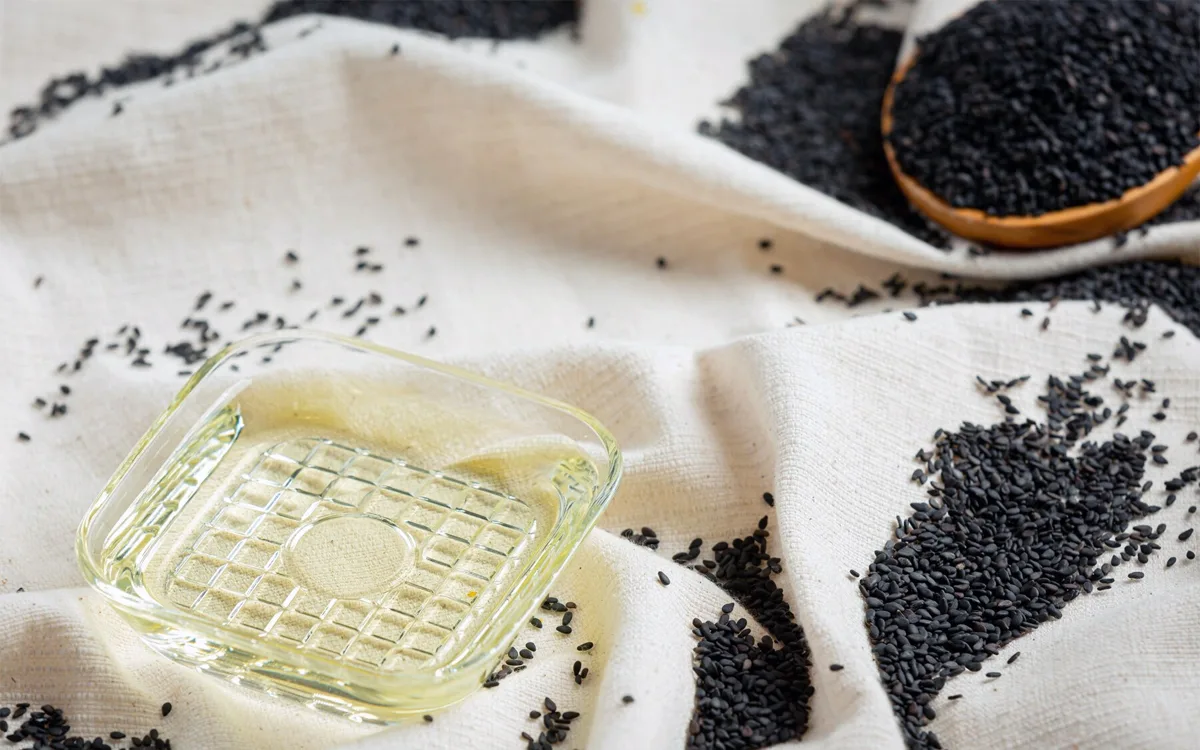Let us talk about black seed oil, the ancient remedy that’s making waves in the modern wellness world. You may know it as black cumin oil, and it has been celebrated for centuries for its potential health benefits. But what’s the science behind it? How does it stack up when it comes to supporting skin conditions, managing blood sugar levels, or aiding in weight management? Join us as we uncover the wonders of black seed oil, from its antioxidant properties to its potential health impacts, and where science is still catching up.
What Are the Benefits of Black Seed Oil?
Black seed oil is derived from the seeds of Nigella sativa, also called black cumin. Packed with nutrients and compounds like thymoquinone, this oil is believed to hold several antioxidant properties that could support overall health.
Supporting Skin Conditions
Got dry skin or acne woes? Studies suggest that black seed oil may help with certain skin conditions. It is been linked to improvements in hydration and clarity, but more research is needed to confirm these effects.
Aiding Body Weight Management
Black seed oil might support your wellness goals by helping to manage body weight. Some trials have noted its role in appetite regulation and metabolic health, though once again, research is needed to confirm these findings.
Immune Function
Black seed oil has been used traditionally to support the immune system. Thymoquinone’s potential to modulate immune responses is an area of ongoing research
Supporting Heart Health
The antioxidant properties in black seed oil may contribute to heart health. There is also evidence that it might help in maintaining healthy heart function by aiding healthier blood vessel function, though more studies are required to back this up.
How to Use Black Seed Oil
Black seed oil is versatile. You can:
- Apply it topically for skin conditions or scalp care.
- Take it as a dietary supplement in capsule or liquid form (start with small doses).
- Mix it into smoothies or salad dressings for a nutritional support.
Conclusion
Black seed oil has piqued the interest of researchers and wellness enthusiasts alike for its potential to support skin conditions, blood sugar levels, and even body weight. But as promising as its antioxidant properties may sound, it is important to remember that research is needed to confirm many of these claims. While it could be a great addition to your wellness routine, always consider the potential for allergic reactions or drug interactions and consult with a healthcare professional before diving in.

